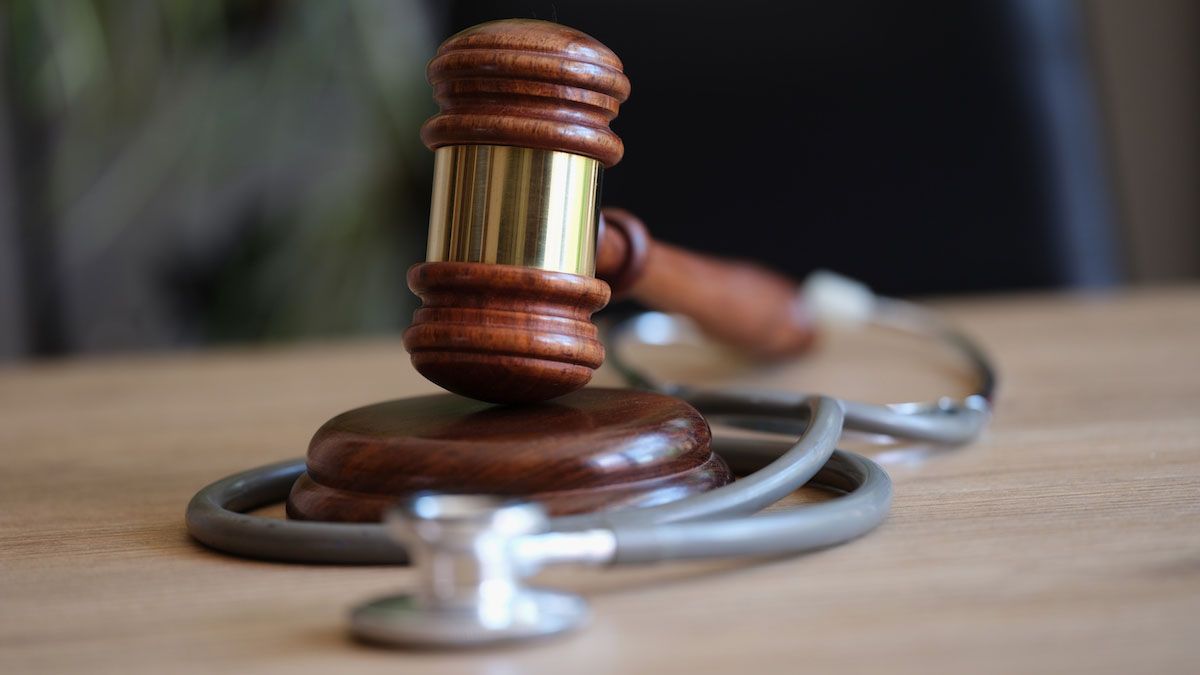What If the Person Responsible for My Injury Doesn’t Have Car Insurance?
Getting injured in a car accident is an unfortunate reality for many people. In 2022 alone, the cost of motor vehicle-related injuries in the United States was 5.2 million. Often, the driver at fault’s insurance company will pay some financial compensation for lost wages or medical bills to the injured party, but what happens if the driver at fault doesn’t have car insurance? Is there any way to recoup some of your losses?
Although the process is more challenging, there are some financial and legal options available to someone injured by an uninsured driver. For instance, when you buy car insurance in Oregon, you must carry a minimum amount of uninsured motorist coverage and personal injury protection included on your policy. Both types of coverage provide some protection if you’ve been injured in an accident with an uninsured driver. Aside from these available financial options, you may also pursue legal action against the driver.
The guide below provides additional detail about potential courses of action you could take to get compensated if you are injured by an uninsured driver and any challenges you might face. A significant first step is to find a reputable personal injury lawyer with experience in your area, such as the attorneys at Warren Allen LLP. They can give you expert legal advice on how to move forward with your specific case.
Financial Compensation Through Your Insurance
If you are injured in a car accident (as a driver, passenger, or pedestrian) but the person responsible does not have car insurance, you can file a claim with your car insurance in Oregon. Certain health insurance policies may also cover some of your medical costs. In either case, check with your insurance agent before filing a claim to see what type of coverage you have.
Uninsured Motorist Coverage
As the name suggests, uninsured motorist coverage protects you if you’re involved in an accident with another driver who does not have insurance. Depending on your insurance policy, you might be entitled to compensation for financial costs like medical bills or lost wages and other damages like pain and suffering up to your coverage limits.
Although the minimum limits required by law are $25,000 per person and $50,000 per accident (for you and your passengers) and only cover bodily injury, you can choose to increase your coverage with your insurance company and add coverage for property damage.
Personal Injury Protection (PIP)
Personal injury protection coverage from car insurance in Oregon provides financial compensation for certain costs, no matter who is at fault. Whether you were a driver or passenger of a car or even if you were a pedestrian struck by a vehicle whose driver did not have insurance, you can claim up to $15,000 for immediate medical, dental, and surgical costs as well as loss of wages, childcare needs if a parent requires hospitalization, and essential services like housecleaning and meals if you are incapacitated for a time.
Navigating Insurance Claims
So what should you do if you’ve been involved in an accident with an uninsured driver, and how do you file a claim with your car insurance in Oregon?
The first step after an accident is ensuring everyone is physically safe. Move to the side of the road away from traffic, and if anyone is severely injured, call for emergency services. Also, contact authorities to report the incident.
Collect information from the other driver, including contact information, license plate, vehicle make, model, and year if you can. Take pictures of damage, the surrounding area, or anything relevant to the accident, such as weather or road conditions. Try to talk to eyewitnesses and get contact information from them as well.
To file a claim for uninsured motorist or personal injury protection compensation, contact your insurance company as soon as possible to report the accident. Provide as much documentation as quickly as possible, including police reports, eyewitness accounts, pictures, medical bills and diagnoses, repair estimates, etc. As noted earlier, your car insurance coverage limits will determine how much financial compensation you can claim.
Your insurance company will investigate the accident to assess fault and determine damages. They will then offer a settlement based on their findings and your policy’s limits. If you feel the settlement is unfair or insufficient, you can try to negotiate with your insurance company through an arbitrator. You can also hire an attorney to look over your settlement for you and negotiate with your insurance company on your behalf.
Pursuing Legal Action Against the Uninsured Driver
Whether or not you choose to file a claim with your car insurance in Oregon, you can also consider pursuing legal action against the at-fault driver. One of the most significant challenges you will likely face is that uninsured drivers usually lack the financial resources to pay any judgment you might win in court. So, even if your case is strong, you will likely find it difficult to recover any court-awarded damages.
If you are seeking only a small amount, for instance, less than $750, you can also look into filing a claim in small claims court, which is a more straightforward process. When you’ve been injured in an accident with an uninsured driver, it can be incredibly stressful, so getting professional advice and help can make it easier to focus on your recovery. One of the best ways to navigate the process of working with your car insurance in Oregon or filing a personal injury lawsuit in court is to talk to an experienced personal injury lawyer. You can schedule a consultation with the personal injury team at Warren Allen LLP to go over your case and talk about your next steps. Don’t wait. Get help today.









